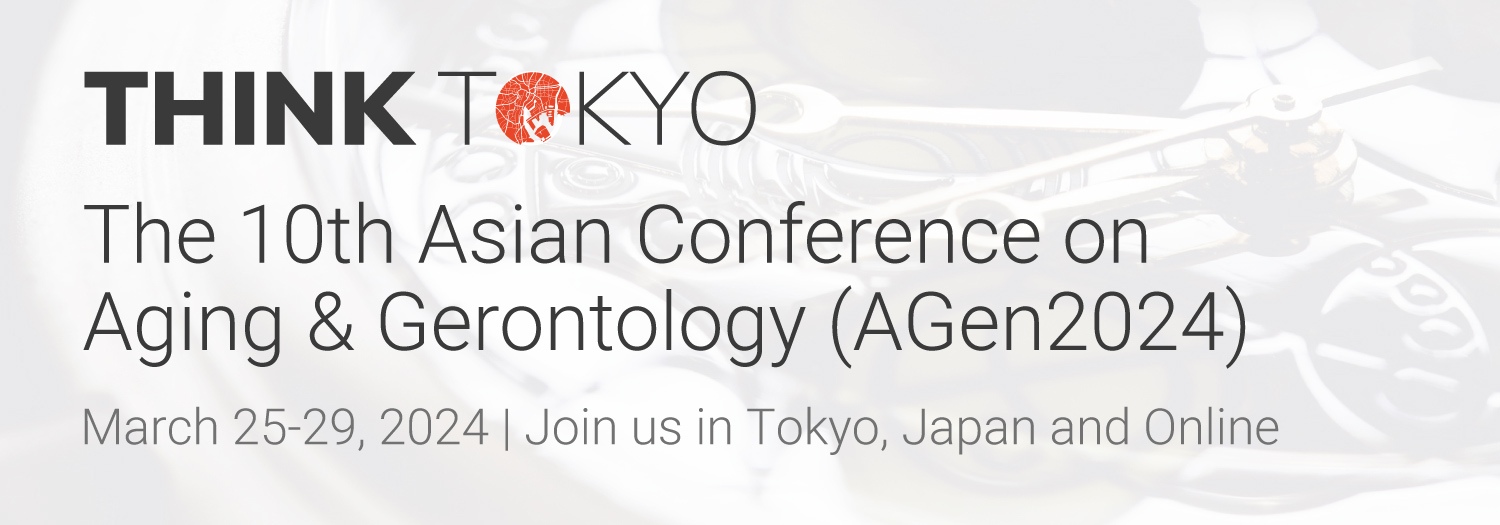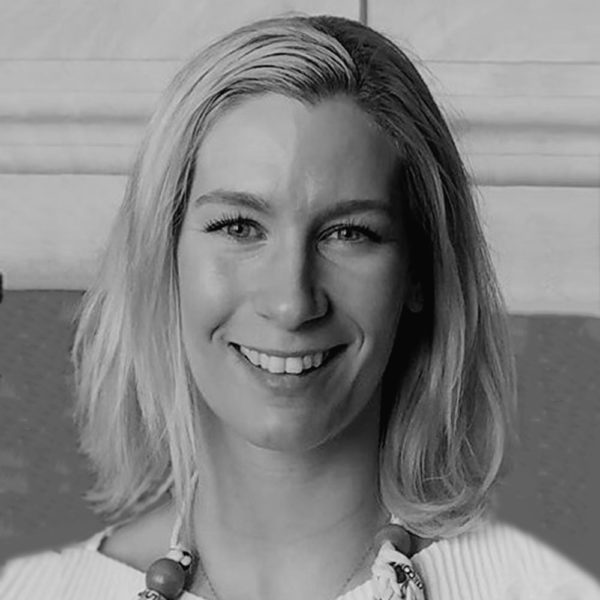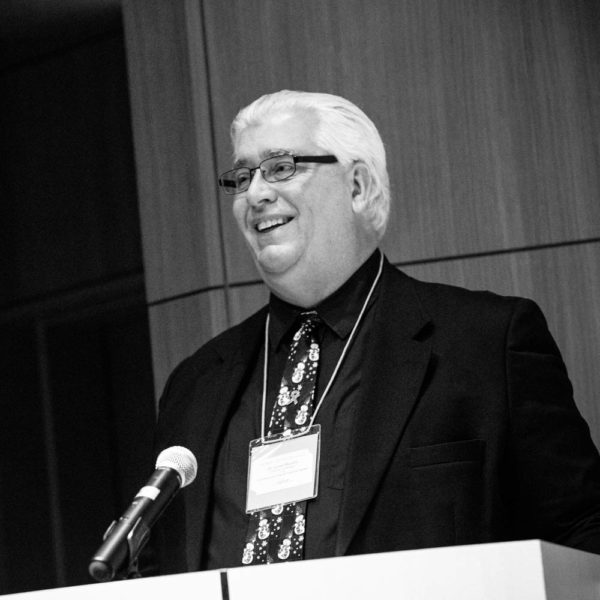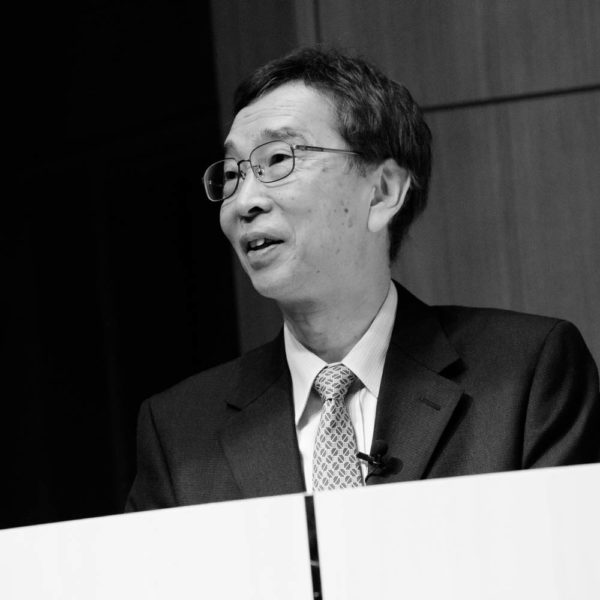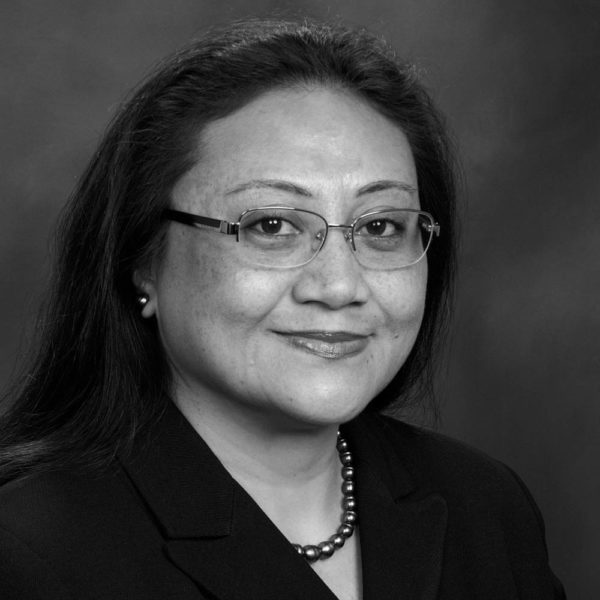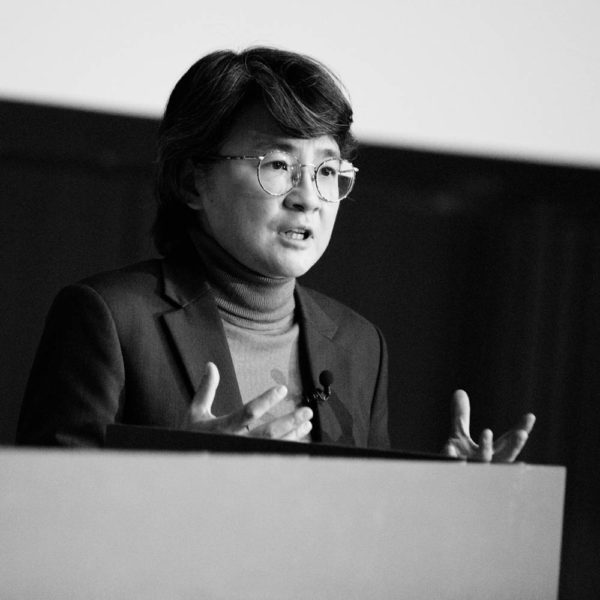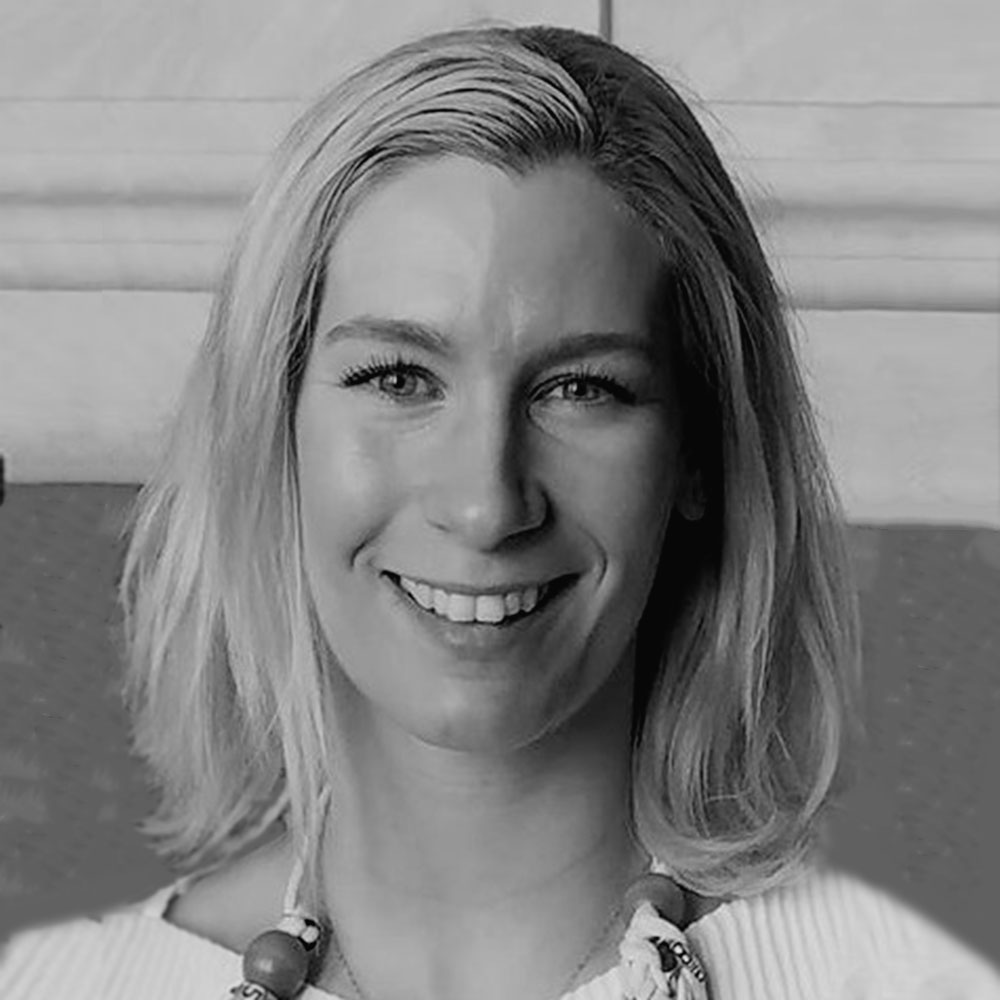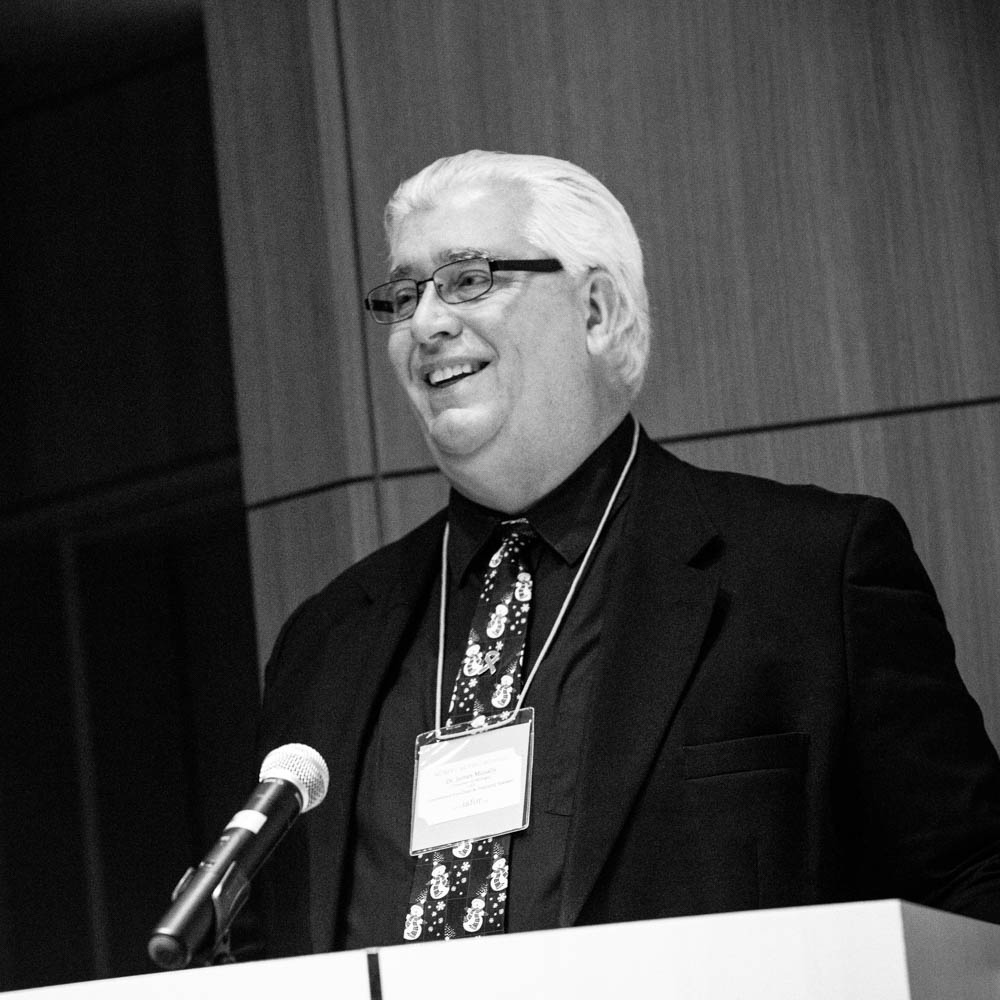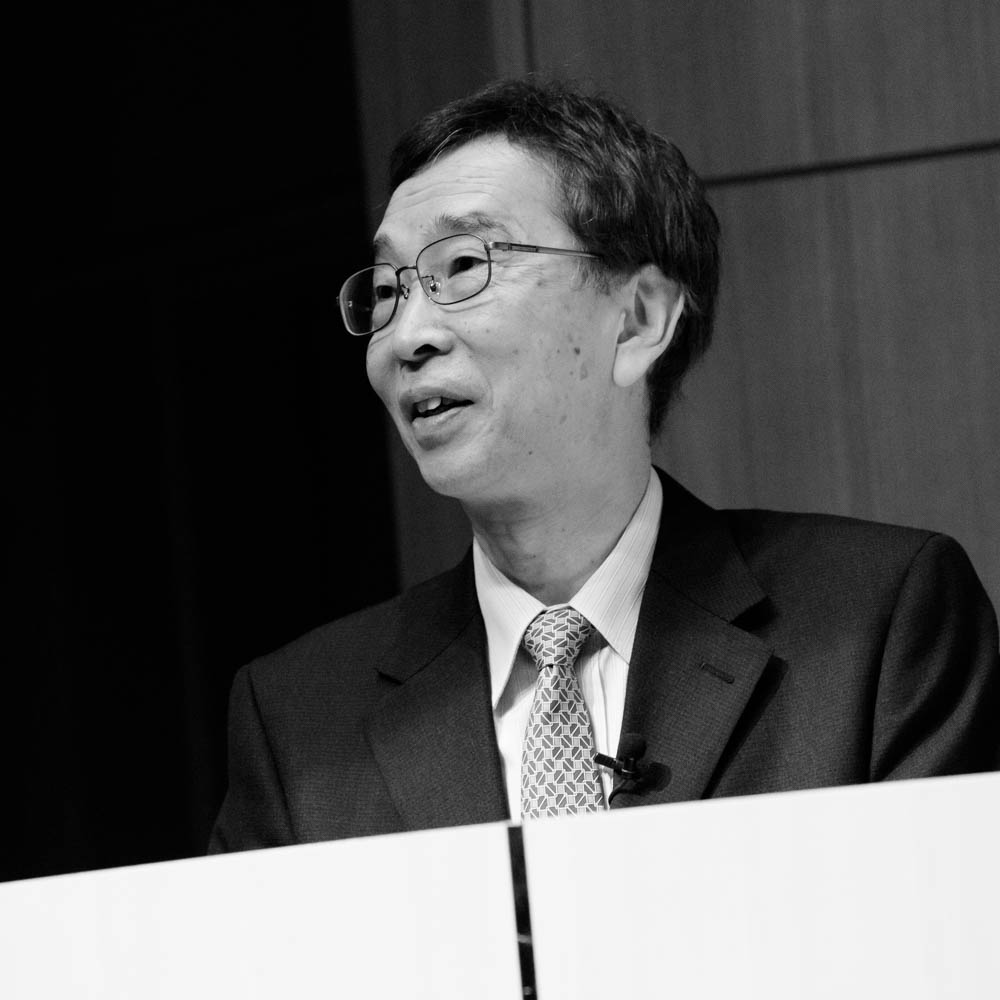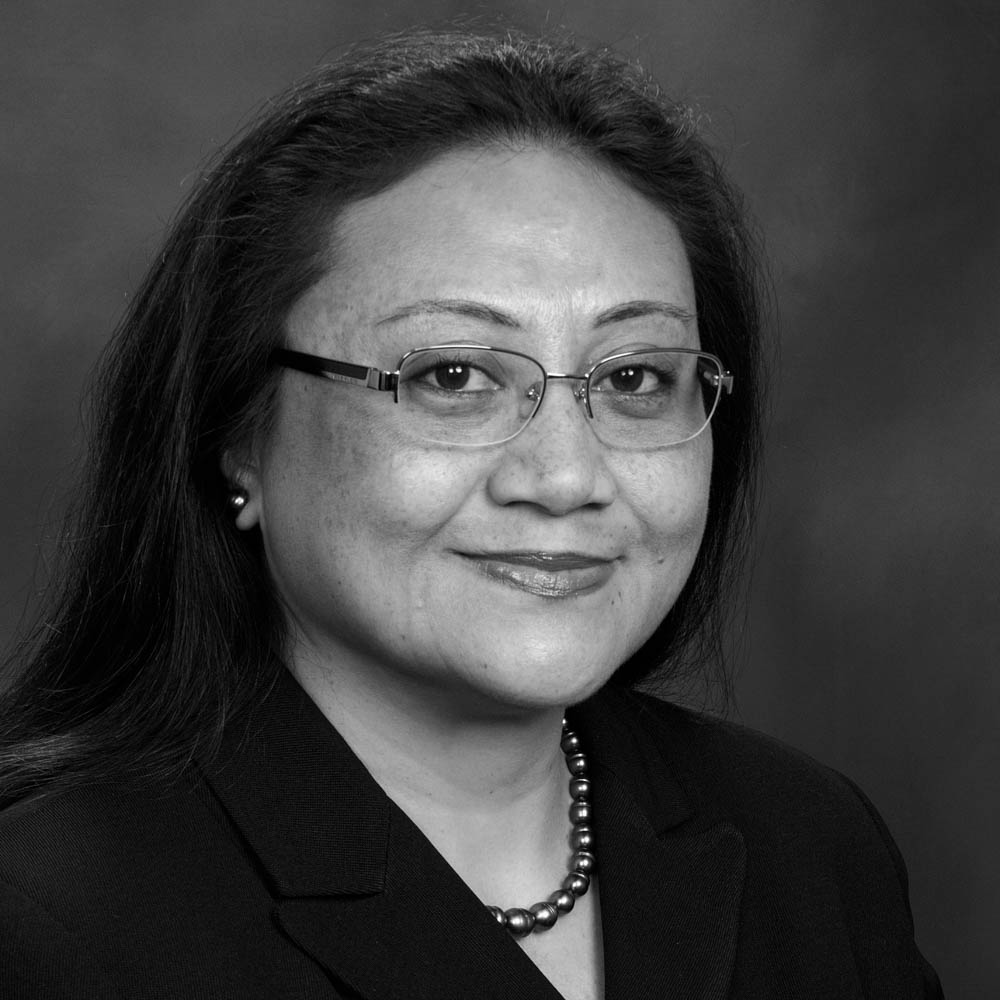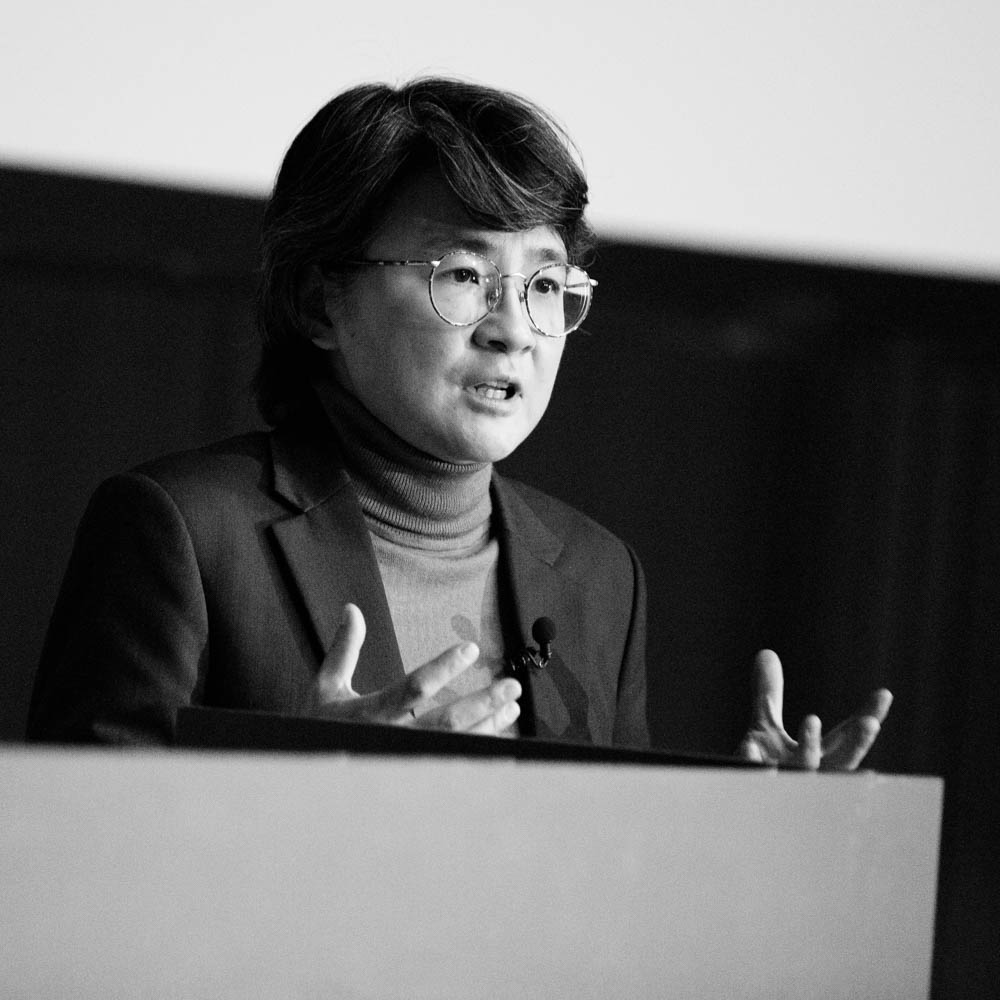
AGen2020
March 27-29, 2020 | Held online from Tokyo, Japan
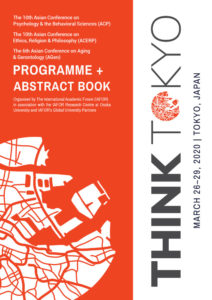 Recognising and promoting the inherent dignity of people at all ages represents a foundational goal shared by societies around the world. The desire to identify meaning and value in life underpins inquiries into law and politics, religion and the arts, and it guides the resolution of ethical questions associated with scientific inquiry and resulting innovations. As medical science, public health and technology continue to advance, so lives have grown progressively longer. Increasingly, this leads to new questions regarding the kind of lives we will experience as we grow older. While advances in science and medicine increase longevity, what innovative technologies are emerging that address the changing needs faced by an aging world? Researchers, scientists, and advocates will gather in Tokyo for AGen2020 to discuss these questions and others.
Recognising and promoting the inherent dignity of people at all ages represents a foundational goal shared by societies around the world. The desire to identify meaning and value in life underpins inquiries into law and politics, religion and the arts, and it guides the resolution of ethical questions associated with scientific inquiry and resulting innovations. As medical science, public health and technology continue to advance, so lives have grown progressively longer. Increasingly, this leads to new questions regarding the kind of lives we will experience as we grow older. While advances in science and medicine increase longevity, what innovative technologies are emerging that address the changing needs faced by an aging world? Researchers, scientists, and advocates will gather in Tokyo for AGen2020 to discuss these questions and others.
Japan represents a unique location for research professionals to meet and explore the topic of aging. Japan has one of the most rapidly aging populations, which combined with a declining birthrate, represents a compelling example of the demographic transition resulting from increased longevity. The issues and challenges faced in Japan have expanded to other Pacific nations, Europe, Africa, and the Americas as all nations experience the benefits of increased longevity. Worldwide, there is a growing recognition that the kind of life we now give our elders will impact the way we will be treated and cared for as we enter our later years. Because aging is a worldwide phenomenon, the needs and opportunities of an aging world must also reflect and respect cultural and social diversity in developing programs that encourage quality of life at all ages. How do we address the collective needs of the aging population while respecting each person’s individuality? AGEN2020 provides an ideal forum for discussing and debating the many issues related to aging and gerontology. Submissions from a variety of fields and perspectives are welcomed and encouraged. Original research across disciplines, including science and technology, philosophy and politics, sociology, and psychology, will ensure an active and exciting opportunity to expand our gerontological understanding.
Now entering its sixth year, the AGen2020 Organising Committee has seen the conference grow in size and diversity of perspectives as it attracts researchers and practitioners from around the world to address this crucial topic. This year is particularly exciting as AGen will be partnering with The Asian Conference on Psychology & Behavioral Sciences (ACP2020) and The Asian Conference on Ethics, Religion & Philosophy (ACERP2020) under the name Think Tokyo, increasing opportunities for broad multidisciplinary exchanges. Keynote, Featured and Spotlight Speakers will provide a variety of perspectives from different academic and professional backgrounds.
Held in partnership with the IAFOR Research Centre at the Osaka School of International Public Policy (OSIPP) at Osaka University, this international conference encourages academics and scholars to meet and exchange ideas and views in a forum stimulating respectful dialogue. This event will afford an exceptional opportunity for renewing old acquaintances, making new contacts, networking, and facilitating partnerships across national and disciplinary borders.
In conjunction with our Global Partners, we look forward to extending you a warm welcome to Tokyo in March of 2020. Tokyo has been recognised as the safest city in the world by The Economist and offers unique opportunities for exploration, dining, and collegial exchanges.
Plenary Presentations
Keynote Presentation
Dialectical Behavior Therapy – Its Relevance for Japan in Social Transition
Mie Takaki, DBT Tokyo, Japan
Featured Presentation
Religious Complicity and LGBTQ Rights
Frank S. Ravitch, Michigan State University College of Law, USA
Featured Presentation
Helping a Stranger in Japan: Who Helps and Why?
Yu Niiya, Hosei University, Japan
Keynote Workshop
Aging Data: NACDA & an Open-source Repository
James W. McNally, University of Michigan & NACDA Program on Aging, USA
Keynote Presentation
Embracing Difference: Religious Diversity in the UK
Stephen E. Gregg, University of Wolverhampton, UK
AGen2020 Speakers
Organising Committee
The Conference Programme Committee is composed of distinguished academics who are experts in their fields. Conference Programme Committee members may also be members of IAFOR's International Academic Board. The Organising Committee is responsible for nominating and vetting Keynote and Featured Speakers; developing the conference programme, including special workshops, panels, targeted sessions, and so forth; event outreach and promotion; recommending and attracting future Conference Programme Committee members; working with IAFOR to select PhD students and early career academics for IAFOR-funded grants and scholarships; and overseeing the reviewing of abstracts submitted to the conference.
IAFOR Research Centre (IRC) – “Innovation and Value Initiative”
The IAFOR Research Centre (IRC) is housed within Osaka University’s School of International Public Policy (OSIPP), and in June 2018 the IRC began an ambitious new “Innovation and Value Initiative”. Officially launched at the United Nations in a special UN-IAFOR Collaborative Session, the initiative seeks to bring together the best in interdisciplinary research around the concept of value, on how value can be recognised, and measured, and how this can help us address issues and solve problems, from the local to the global.
